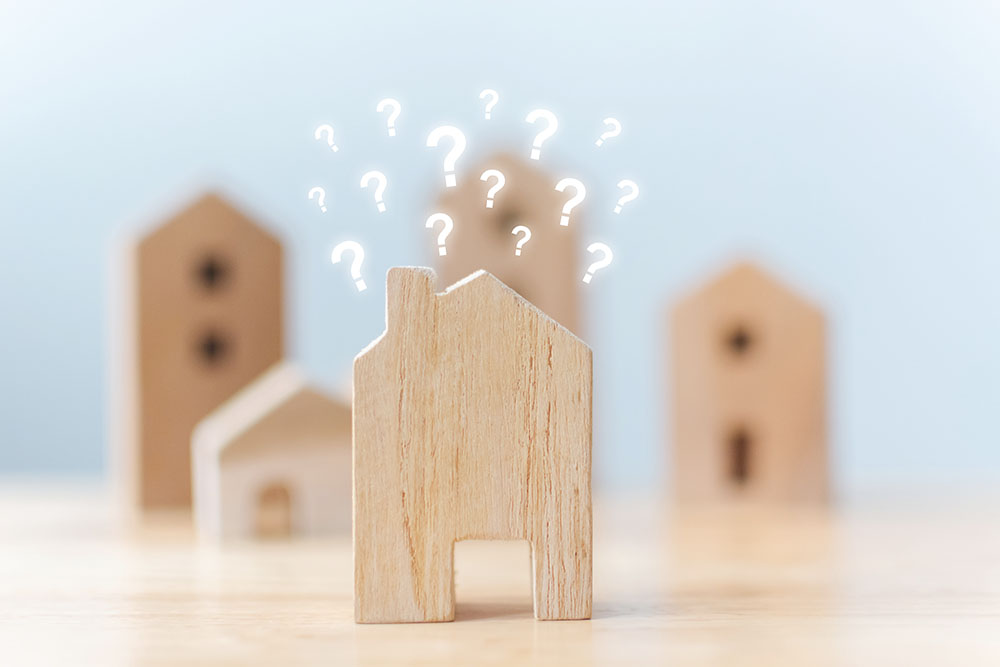How To Create Equity From Simple Renovations

Whether you are thinking about listing your property for sale, are wanting to achieve more rental return or simply increase its value, renovating can be an effective way to create instant equity.
Property owners often ask the question, how can I ensure maximum value from a simple renovation?
Before jumping straight into a renovation, it is essential to carefully plan and budget for any upgrades you are considering. The key is to make sure you know what adds value, without over-capitalising.
Here are a few recommendations for you to consider:
1. Always consider your renovations with rental yields in mind.
As with investment property selection and purchase, a renovation needs to be done with the prospective tenant in mind. The goal of the renovation should be to attract tenants who will pay more rent due to the improved presentation of the property. Always consider what upgrades would appeal to a tenant for example; a simple re-carpeting job can cost as little as $3000, which may result in a $10-$15 per week increase in rental return and add as much as $10,000-$20,000 to a property’s value. There are also tax depreciation benefits that can be explored. An undertaking of a complete refurbishment for $50,000 may add $100,000 to its value.
2. Know how to add value with little outlay.
If you are looking to sell your property, but don’t have the budget for a large-scale renovation, there are several smaller improvements you can do yourself to instantly lift the property’s potential value. A fresh coat of paint can make a world of difference to worn-out interiors. It is impressive how much a decent scrub and clean can increase the appeal of a home. Gardens can be improved with a selection of new plants, bark and the grass areas fertilised. Re-grouting of wet area tiles, replacement of old appliances, a change of door handles and fresh window coverings can transform the appeal of a property internally.
3. Light it up.
One of the things that buyers subconsciously notice is light within a property. Despite whatever amazing features the property might have, if it is not naturally well-lit, it can impact the feel of a property. If your property is dim inside, consider replacing old light fittings, switches and sockets with more efficient ones. If the property is a house, semi or townhouse, a skylight could also uplift living areas, kitchens or bathrooms with poor natural light. Removing dark clutter and opening blinds/curtains are other easy ways to enhance the flow of natural light.
4. Hire an independent property valuer.
Many inexperienced investors risk over-capitalising or making upgrades that don’t impact the value of the property. Even before beginning a simple renovation, it may be worth you hiring an independent property valuer, as they can advise you on how much value a renovation has the potential to add. A valuer can guide you if spending $30,000 on a kitchen renovation will add more than $30,000 to your home’s overall value, for instance. They will also be aware of circumstantial factors, such as the average value threshold of properties in your street.
5. It doesn’t have to be perfect.
Don’t worry if not everything about the property is pristine. Tenants and investors alike accept that rental properties are usually more basic than a home occupied by an owner. Focus on making the place liveable straight away, with no obvious flaws or safety issues. Many investors look for properties they can add to their portfolio that don’t require a large time or renovation investment to get them tenanted right from settlement.
If you have an eye for improvements, investing in a place that needs a simple renovation presents a real opportunity for increased equity. However, if you are purchasing a property to ‘flip’, beginners should start off with small improvements rather than a complete renovation from the get-go.
Building yourself up to larger renovations gives you the ability to increase your risk as you gain more experience. Pacing yourself also allows you to save money for the renovations as you build up your equity and gives you the time to test out the return from smaller outlays of resources before you risk bigger amounts that come with large scale renovations that may or may not pay off.
Regardless of whether you are considering minor upgrades or large-scale renovations, improving a property has the potential to significantly increase its value, even in a flat market. To receive maximum return from renovations, always remember to consult the experts and stick to your original budget.


